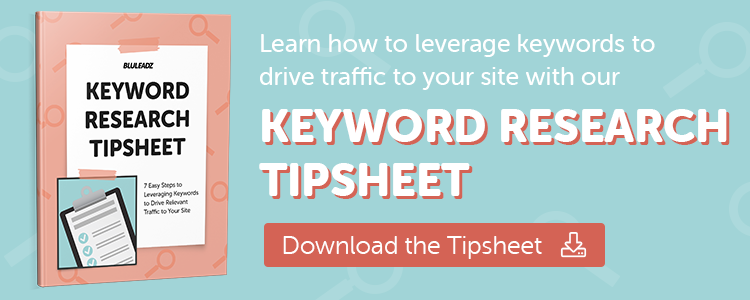Content marketing is one of the simplest forms of online marketing on one level, and one of the most complicated on another. Ok, let me explain, creating content is not that difficult. Your business and brand has a story, your industry has news, you have expertise and opinions, in fact there are hundreds of topics to write about that can benefit your readers, position your brand and establish yourself as a thought leader in your industry.
Where it gets difficult, is that you are one of millions who can also make this claim on some level. The success of your content marketing efforts lies behind the scenes. In order to be successful online, you need to first get found. This is the art of Search Engine Optimization or SEO.
Inbound marketing methodologies like social engagement, consistent blogging and creating content that is relevant to your business, brand, industry and readers can all improve your search engine results. One method that is often overlooked, or glossed over by many content creators, that is powerful in helping you to get found is creating solid, powerful meta descriptions.
Let's explore what meta descriptions are, why they're important and best practices can indirectly improve your SEO results.
What is a Meta Description?
MOZ defines meta descriptions as “HTML attributes that provide concise explanations of the contents of web pages.” Hubspot defines them as “the snippet of information below the link of a search result." Basically, when you perform a Google search on a topic, you receive a list of links along with a two sentence description of the contents of that link. That's the meta description.
It's there to help searches decide whether or not your content is relevant to them. A well written meta description helps to convince or persuade readers to choose your content. The bolded words help note which words were used in the search query. Pretty simple right?
Why You Need Meta Descriptions
Now that you understand what a meta description is and how it's used, let's look at some of the reasons you need to include them with every piece of content you create.
Meta Descriptions Increase Click Through Rates and Drive Traffic From Organic Search
The higher you rank on a SERP page, the more likely you'll receive traffic. The higher ranking signifies a more relevant result. The lower you place on the first page, or on subsequent pages the less traffic you'll receive. This is why a detailed, relevant and catchy meta description is important. The better your description, the better your click through rates from organic search.
They Provide the Right Information to the Right People at the Right Time
Google uses meta descriptions to return relevant results when users search for content. While meta description are included in search results, it's important to understand that they don't influence rankings directly, however, they help increase click through rates (depending on the relevancy to the searcher).
They Increase Engagement on Social Sites
Sites like Facebook and LinkedIn use a page's meta description whenever content is shared. Without a meta description, social sites will use the first content they find. Your meta description can improve your engagement and user experience by defining your content for relevance.
A Well Written Meta Description Can “Sell” Your Content
While meta descriptions don't directly effect search results, indirectly they can move you up in the rankings. A well written, powerful meta description can increase click through rates and if the content it's attached to is compelling, increase time spent on your web page, two metrics that DO influence search results.
Using Best Practices For Powerful Results
When creating content, follow these best practices to create powerful meta descriptions.
Make Them Compelling
Meta Descriptions are short, 160 characters or less. This is roughly two short sentences. Creating powerful descriptions that tell searchers the benefit of clicking on your link and reading your post is necessary.
Include One or Two Keywords
Your meta description should include keywords relevant to the content they're attached to. This help search engines to categorize and understand what the page is about. When crafting descriptions target a unique keyword or two.
Shoot For < 230 Characters
Google cuts your description off at around 230 characters. Coming in just under guarantees your entire description will show up in the search results.
Use Plain Text
It's always best to stick to plain text when crafting tags and descriptions. For example, Google will cut off a description if quotation marks are used and may read hyphens or numbers as code.
The takeaway? Write quality descriptions and make sure they're short, concise and truly descriptive of the content. Because meta descriptions aren't included in your content, it's easy to let them slide. But high quality powerful descriptions can help you get found online, and that's the ultimate goal!



Rob Steffens
I am the Director of Marketing here at Bluleadz. I'm a huge baseball fan (Go Yankees!). I love spending time with friends and getting some exercise on the Racquetball court.